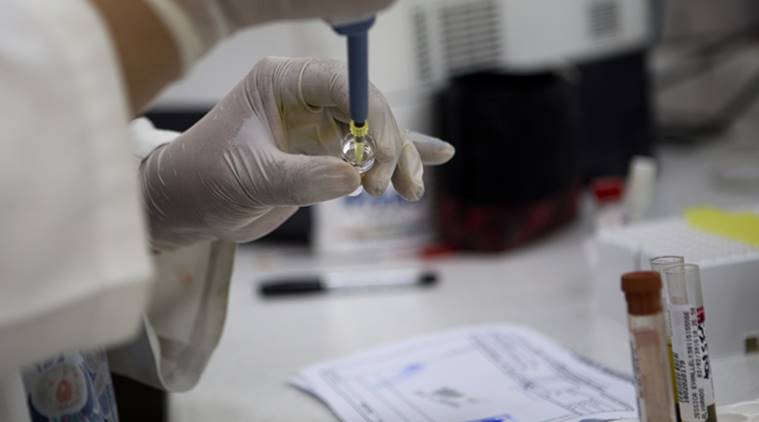Tip for Reading List: Vaccine hope against malaria
The World Health Organisation is using one malaria vaccine (RTS,S/AS01, brand name Mosquirix) in three African countries, but its effectiveness has been limited.
 (Representational)
(Representational)
SCIENTISTS HAVE reported that research on a new approach to protecting against malaria is offering promising results. Their paper is published in the journal PLOS ONE (https://journals.plos.org/plosone/article?id=10.1371/journal.pone.0210252).
The approach uses a cytomegalovirus-based platform. Cytomegalovirus (CMV) is a type of virus, usually considered harmless. This platform is already being used in vaccines being developed to battle HIV and tuberculosis.
At the Oregon Health and Science University, scientists tested the new vaccine on infected rhesus macaques, and found that it reduced the malaria-causing parasite’s release from the liver and into the blood by 75% to 80%. While the effectiveness of most vaccines is often short-lived, the researchers have said that their cytomegalovirus-based vaccine platform can create and keep immunity for life. But further research and development would be required.
The World Health Organisation is using one malaria vaccine (RTS,S/AS01, brand name Mosquirix) in three African countries, but its effectiveness has been limited. Most vaccines are designed to encourage the human body to respond to disease-causing pathogens by creating antibodies that disable those pathogens.
The new vaccine takes a different approach. It uses a weakened form of a common herpes virus — a CMV — that infects most people without causing disease. The scientists weave tiny bits of their target pathogen into the CMV.
Those who receive the vaccine produce memory T-cells that can search for and destroy pathogen-infected cells.
Malaria is caused by Plasmodium parasites, which are spread to humans through mosquito bites. It can cause high fevers, shaking chills, flu-like illness and, in the worst cases, death. Worldwide, 216 million people were infected with malaria in 2016, leading to 445,000 deaths. Most infections occur in Africa and Asia.
Source: Oregon Health & Science University
- 01
- 02
- 03
- 04
- 05






































